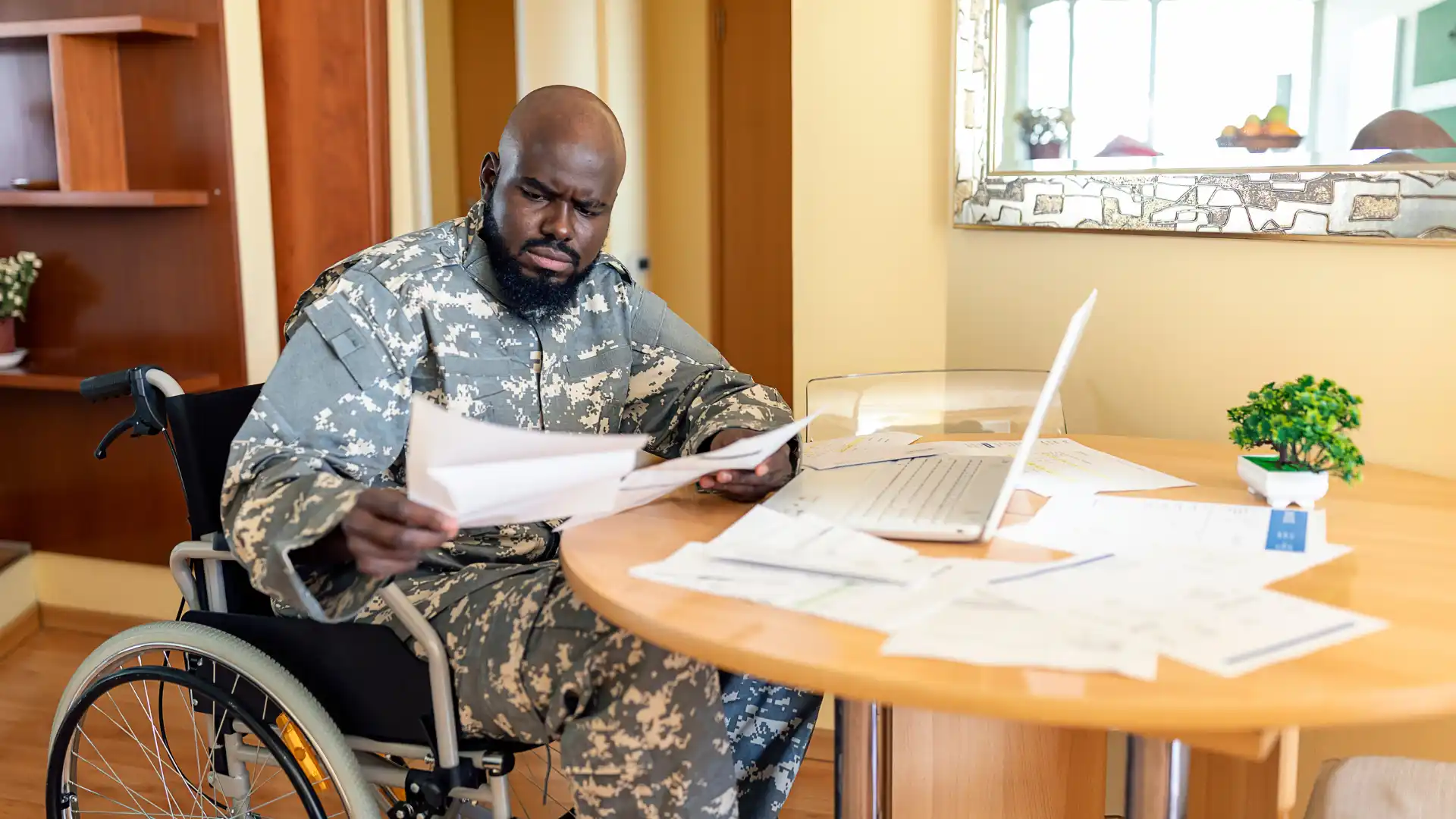Absolutely the best attorney for getting your VA benefits. After 7 years of denial, I found Brendan Garcia of VetLaw, He reviewed my case, set up a plan , scheduled my video hearing in front of a Veteran law judge, flew out to Phoenix to be there with me during the hearing. Hired a doctor to help draft a report to help my case. When all the smoked cleared, I’m now collecting max disability monthly, back pay beyond my wildest dreams. Brendan Garcia never stopped. He is an expert in Veterans law. Best decision of my life was to have him on my side. Bar none, Brendan is a terrific VA benefits attorney!
Understanding Your VA Disability Rating for Hypertension
If you have been diagnosed with hypertension or high blood pressure due to your time in the service, you may be eligible for VA disability benefits. The VA will pay disability benefits according to the degree of your disabling condition. The VA uses percentage ratings to gauge disability from hypertension. If you plan to apply […]
Understanding the Difference Between Schedular and TDIU
Normally, if you want to receive VA disability benefits at the highest rate, you must have an individual or combined disability schedular rating of at least 100 percent. However, there is an exception to this rule: Total Disability based on Individual Unemployability (TDIU). If you qualify for TDIU, you can receive VA disability benefits at […]
Understanding VA Disability Ratings for Mental Health Conditions
Many veterans develop mental health conditions due to their time in the service, including depression, anxiety, and PTSD. These mental health conditions can result from a number of service-related events. Those events could be physical injury, combat, or disconnects in transitioning back to civilian life. If you have been diagnosed with a mental health condition […]
VA Disability for Arthritis: Ratings, Symptoms, and Claims Guidance
According to data from the CDC, over one-third of all veterans have been diagnosed with arthritis. Arthritis can cause debilitating pain and functional limitations, which can leave many veterans disabled. The VA has an arthritis rating system that it uses to determine appropriate compensation for veterans seeking disability benefits. If you plan to apply for […]
Fully Developed Claims vs. Standard Claims: Pros and Cons
Veterans have two main options for filing a disability benefits claim with the VA. Those options are submitting either a fully developed claim or a standard claim. Each option has its pros and cons. Fully developed claims may be processed faster, but the VA will assist in compiling information for standard claims, reducing the administrative […]




